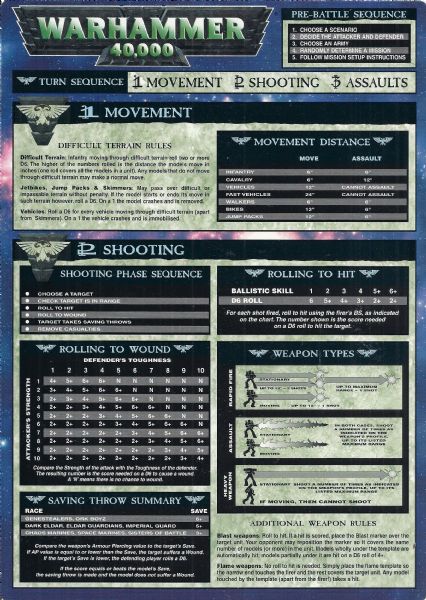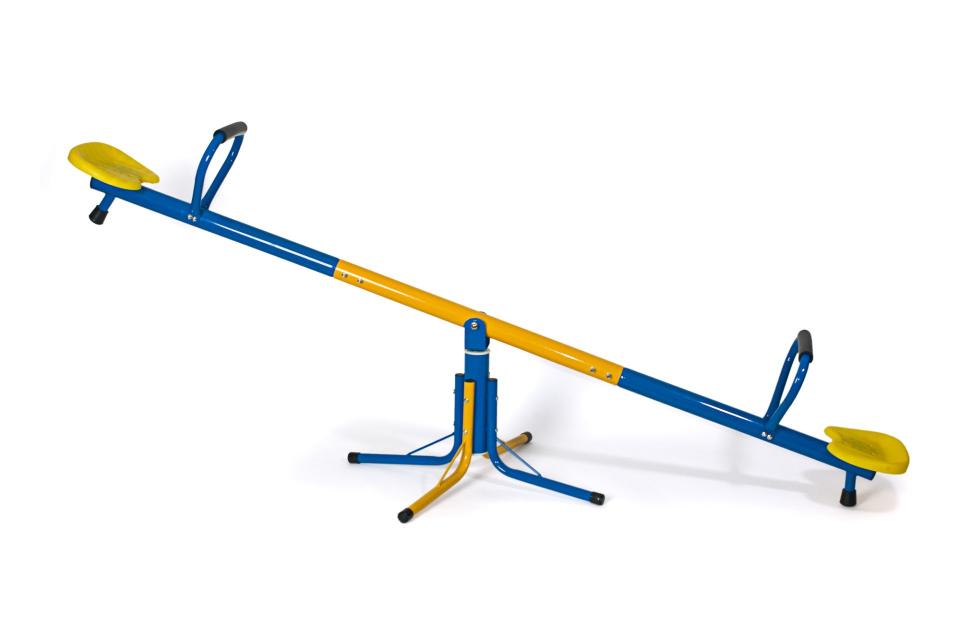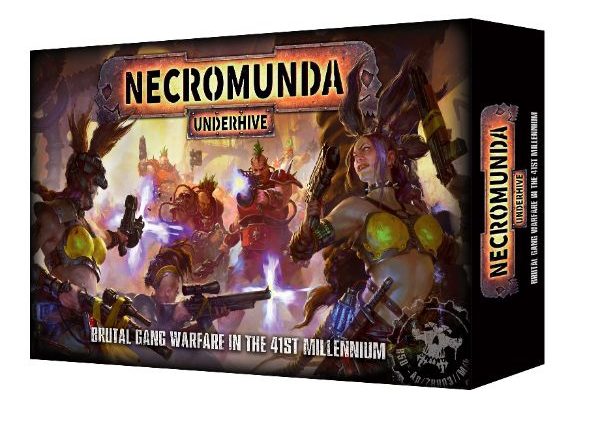40K Op-Ed: Alternating Actions Would Kill 40K


While many people have argued that 40K should move to a system of alternating action – this would in fact kill the game.
Dig deep in to pretty much any long discussion of the 40K rules and you will see someone advocating for the game to move to a system of alternating actions. In particular people bring this up when talking about the turn structure or ways to curb Alpha Strikes. You can for instance see a number of people calling for this system in the comments on my last article. While there are pros to this system adopting it would ultimately be the end of Warhammer 40,000. Lets look at why this is the case.
The Basics
 You-go-I-go has been around pretty much forever in 40k
You-go-I-go has been around pretty much forever in 40k
Right now 40K has a so-called You-go-I-go turn system. This means that each player takes a whole turn on their own, moving, shooting and assaulting with all their units. Once a player’s turn is done, play passes to the next player and they then take a whole turn, likewise moving, shooting, assaulting etc.. This is basically the format 40K has always used.
Alternating Activations, which a number of people want to adopt is used by many other games. In this system players take turns picking units to activate and move/fight with. Rather than each player having a turn there is just one large game turn and players trade off using small parts of their army at a time during this turn. Some games have just one phase, where a players activates a units and moves, and fights, etc. with it all at once. Others have the players move through a number of phases, they take turns moving units, then take turns shooting units etc..
Why This Would Be The End of 40K
Ultimately there are pros and cons of both systems. A number of games have used both system effectively, and you can find those examples all over the places. However ultimately adopting this type of system would be the end of 40K. This is not because it’s an inherently bad system. It would make 40K into an unrecognizable game. The you-go-I-go mechanic is a core part of what makes 40K 40K. Though 8.5 editions this system and rolling d6s have been the rock on which everything else was built. To adopt a different system would be to kill 40K. You might make a new game in the Warhammer 40,000 setting, but it wouldn’t be 40K. In fact some other games in the setting, like Necromunda, do use alternating activation. But again these games aren’t 40K.
Final Thoughts
Ultimately a large part of it comes down to liking the game vs liking the setting. While Alternating Activations are fine for some games they go against the core of 40K. If you feel like you need alternate activating to make 40K fun then you really don’t like the game of 40K at all. Which is fine – it’s OK to like the setting and not the game, and vice-a-versa. At the end of the day there are core aspects that make, and have always made, 40K what it is.
When looking at “fixing” any game its important to keep in mind what makes the game special. What its core is. While some rules can change and adapt over time, this core needs to remain unchanged. It’s easy to come up with you ideal fixes to a game, but it’s important, and harder, to keep these fixes within the spirit of the game. It’s important that changes you make don’t change the game into a totally different game. Major changes to the core of a game, such as moving to alternate activation, would mean the 40K was not really 40K any more and something else. While it’s nice to like other systems, its also important to admit to yourself – sometimes you just want to play a totally different game. While wanting to play another game is fine, people shouldn’t get their hopes up that 40K will stop being itself just for them.
What do you think is the “core of 40K”? Could It survive moving to alternate activation, or would that really just be a new game in the same setting, let us know down in the comments!






